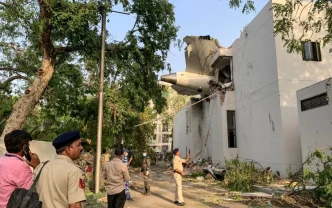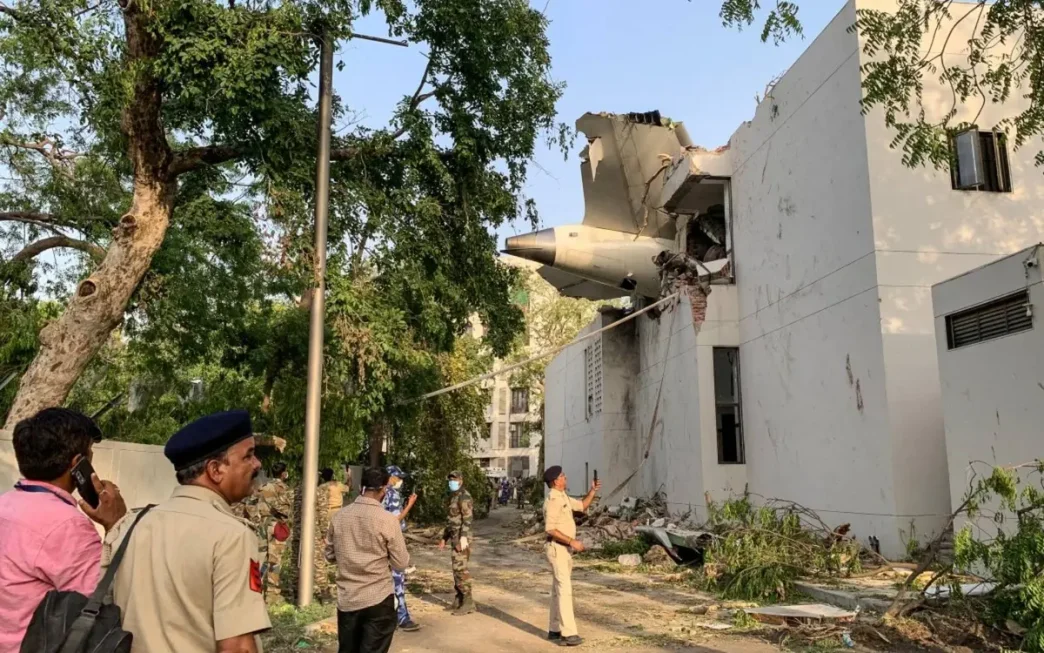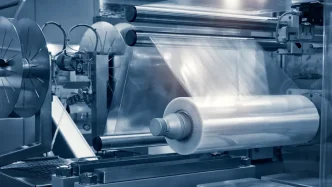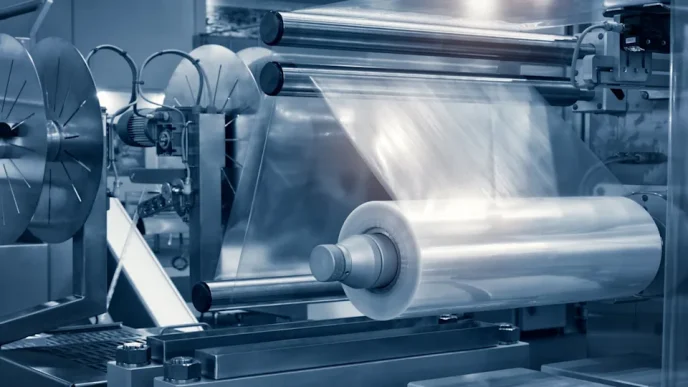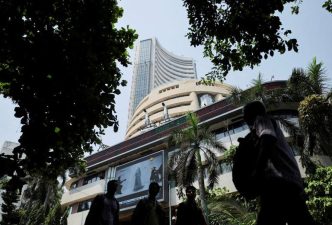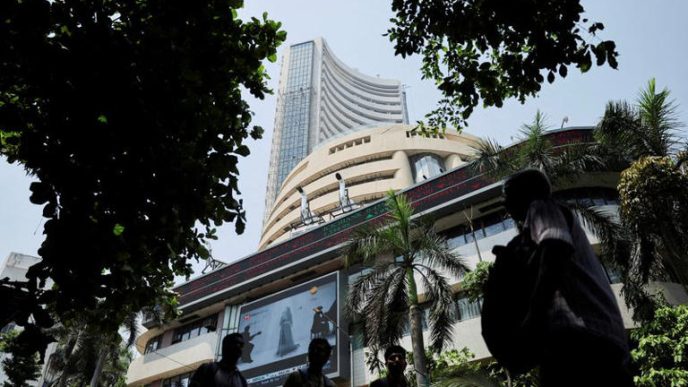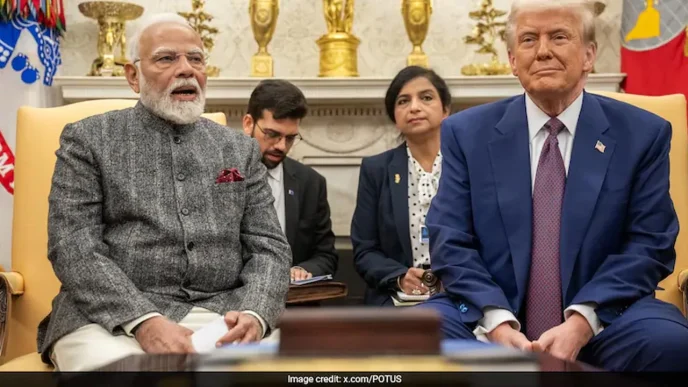SEATTLE/BENGALURU, June 12 (Reuters) – Boeing’s leadership was once again in crisis mode on Thursday, following the fatal accident of an Air India 787-8 Dreamliner jet minutes after takeoff earlier in the day.
Kelly Ortberg, the new CEO of Boeing, had planned to attend the Paris Air Show, the industry’s most significant event of the year, following several significant accomplishments in recent weeks. Ortberg is currently working to restore public confidence in Boeing in the wake of a series of safety and production concerns.
Ortberg stated that his intention to accompany Stephanie Pope, the chief of Boeing Commercial Airplanes, to the show next week has been abandoned in favor of the company’s investigation into the 787 jet’s inaugural crash, which was its most advanced model.
In a message to employees that was viewed by Reuters on Thursday evening, Ortberg stated, “Stephanie (Pope) and I have both canceled our plans to attend the Paris Air Show in order to be with our team and concentrate on our customer and the investigation.”
In the most catastrophic aviation catastrophe in a decade, the Air India aircraft that was en route to London crashed in the Indian city of Ahmedabad, resulting in the deaths of nearly all of the 242 passengers and crew.
At present, there is no indication that a manufacturing or design issue was the cause of the aviation disaster, according to air safety experts. However, the exact cause of the accident remains unclear.
Ortberg informed employees that safety is the cornerstone of our industry and is the essence of all that we do. “A Boeing team is prepared to travel to India to provide assistance to investigators in comprehending the circumstances.”
According to John Nance, a former commercial pilot and aviation safety expert, Boeing’s greatest obstacle may be convincing the general public that Boeing is not responsible for the accident of a jet it manufactured. He further stated that accident investigators will undoubtedly evaluate all potential scenarios.
Given the current state of public perception regarding the aircraft manufacturer, Boeing executives will be responsible for rectifying this situation. Ortberg was preparing for the Paris Air Show after a busy month that included a ramp-up in 737 production and over 300 new orders, as he has been striving to navigate the company through a series of regulatory and safety crises.
Paul Charles, CEO of the PC Agency, a London-based luxury travel consultancy, stated, “Previous production issues at Boeing will be very much on people’s minds at the moment, and the relatively new leadership at Boeing needs to be visible in the days to come.”
The closing price of Boeing shares was 4.8% lower on Thursday.
Maximum Issues
In recent years, Boeing has been held accountable for three high-profile accidents involving 737 MAX narrow-body aircraft, two of which resulted in fatalities. In January 2024, a new plane’s reputation was tarnished by an incident in which a door plug blew off in mid-flight. This incident resulted in the departure of the company’s CEO, Dave Calhoun, as well as the head of commercial aircraft and the board chair.
The Air India aircraft that plummeted in Ahmedabad was more than a decade old. It was delivered to Air India in January 2014 and made its inaugural flight in late (2013). Cirium, an aviation data analytics firm, and FlightRadar24, a flight monitoring website, have reported that it has accumulated over 41,000 flight hours since that time. This includes 420 hours during 58 flights in May and 165 hours during 21 flights in June.
Despite years of reputational damage to Boeing, airline executives had expressed increased confidence in the planemaker’s ability to rebound in deliveries and in Ortberg’s leadership prior to the tragedy. Even so, the general populace has yet to comprehend this. Boeing was ranked 88th in the Axios Harris poll of 100 recognizable corporate brands by reputation last month, which was the same as in 2024.
The 787 wide-body aircraft have maintained an exceptional safety record. In 2013, they were grounded as a result of battery issues; however, no injuries were reported.
Boeing’s narrowbody 737 MAX jets were grounded for years as a result of two fatal accidents, and they have since been subjected to extensive scrutiny and production delays.
“The crash may result in increased scrutiny of manufacturing and quality procedures.” Nevertheless, Edward Jones analyst Jeff Windau expressed his belief that there will be no long-term effect on production at this time.
GE Aerospace (GE.N), which manufactures engines for the jet, and Spirit AeroSystems (SPR.N), a critical supplier, both experienced a 2% decline in their respective shares.
Boeing’s outstanding debt also experienced a modest reduction in value subsequent to the accident.
